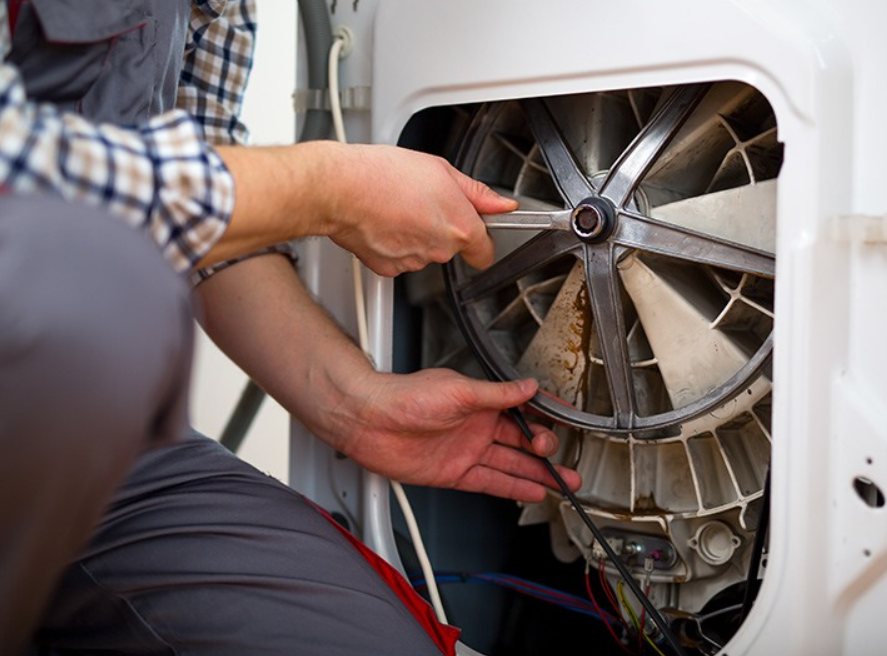Owners of equipment with digital electronics are unable to keep their equipment operational. We need to make our products last longer. Electronics manufacturing strains the limits of our natural resources while usable products and device components are thrown into landfills or scrapped, instead of salvaged, fixed, and reused. Through the Covid pandemic, electronics manufacturing has all but halted due to workers illness and the failure of the ‘just-in-time’ system to meet consumer demand. We need to support people’s ability to repair their products or to have others repair them.
This can also be said of all manufactured goods- from household appliances to cars, where obsolescence is being built in as part of the manufacturing procedure.
What if the dealer held the only codes to access the diagnostic system? What if you lived hundreds of miles from the nearest dealer and all the local mechanics were not allowed to repair your car? This is happening in the field of electronics service today.
Manufacturers are creating intellectual property laws to guarantee a monopoly on service. They use their monopoly to set extremely high repair prices. If a product cannot be economically repaired, it cannot be resold, which pushes people to replace their products more and more frequently.
See our full policy below.
